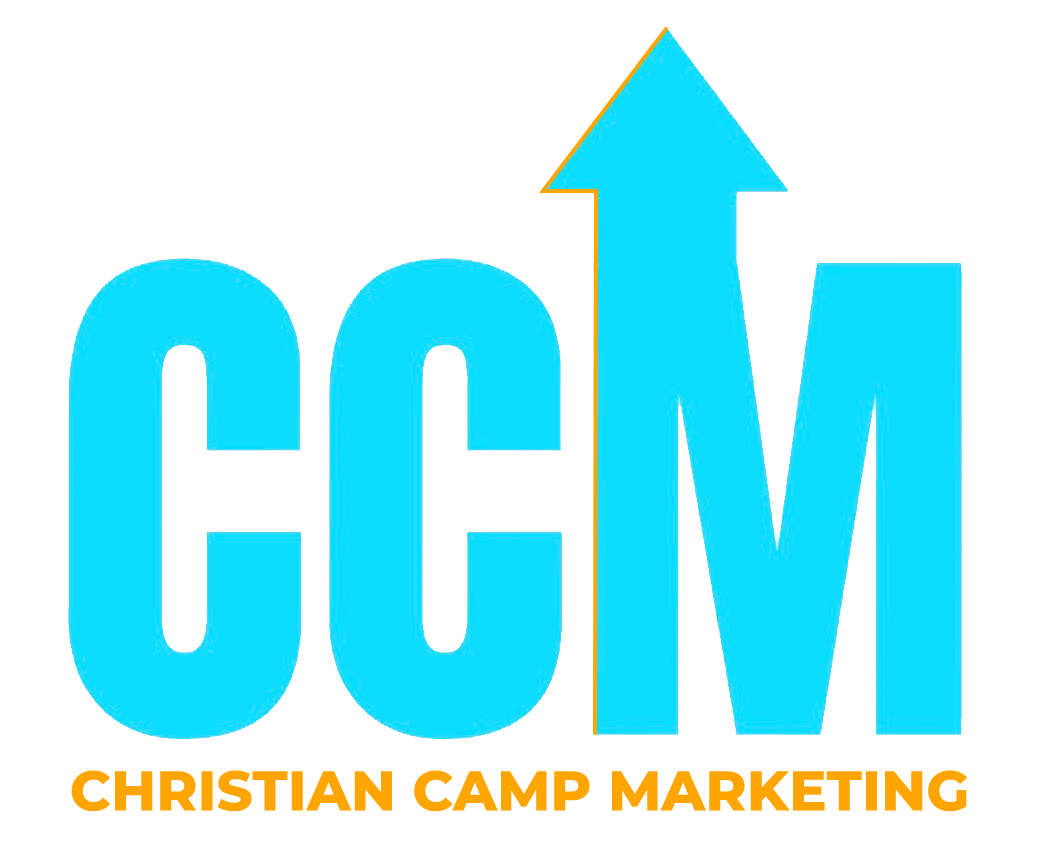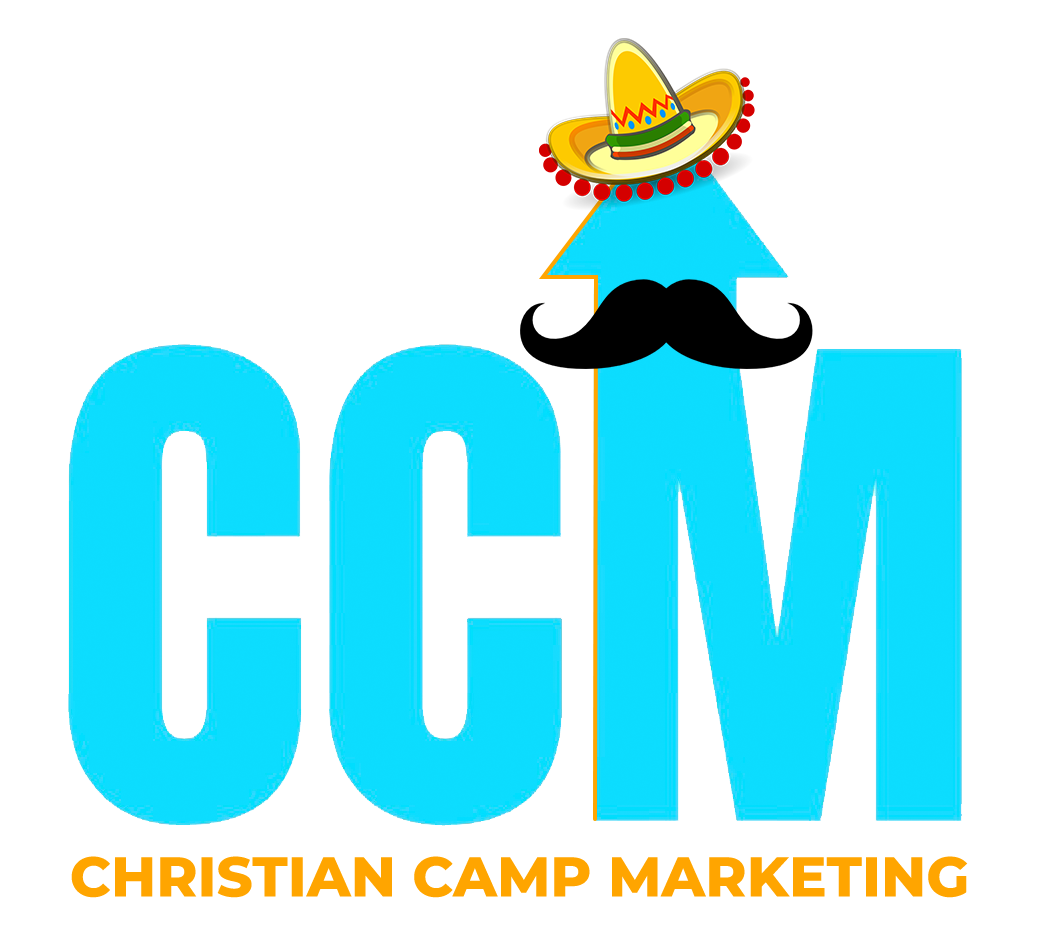Blog

Boost Your Christian Camp Marketing with SEO Techniques
On-Page SEO Techniques

On-page SEO refers to optimizing the content on your website and the HTML source code to make your Christian Camp and Retreat website more search engine friendly. By optimizing the on-page elements of your website, you can make it easier for search engines to understand the content on your site and match it with relevant search queries.
Keywords: One of the most critical elements of on-page optimization is keyword research. You need to identify the keywords that your target audience is searching for and then use those keywords in your website content, meta titles, descriptions, and header tags.
Meta Tags: Meta tags are pieces of information that provide search engines with a summary of what a webpage is about. The two most important meta tags are the title tag and the description tag. The title tag should be no more than 60 characters, and the description tag should be around 160 characters.
Header Tags: Header tags (H1, H2, H3) are used to break up content and make it more readable. They also signal to search engines which parts of the content are most important. The H1 tag should be used for the main title of the page, while H2 and H3 tags should be used for subheadings.
Content: The content on your website should be high-quality, engaging, and relevant to your target audience. It should also be optimized with the right keywords and structured with headers, bullet points, and other formatting elements to make it easy to read.
Images: Images can be used to make your website more engaging and visually appealing. However, they also need to be optimized for search engines. This includes using descriptive file names, alt tags, and captions that include your target keywords.
Off-Page SEO Techniques

Off-page SEO refers to optimizing elements outside of your website that can influence your search engine rankings. While you have more control over on-page elements, off-page optimization requires building relationships and creating valuable content that other websites will want to link to.
Backlinks: Backlinks are one of the most critical factors in off-page optimization. A backlink is a link from another website to your website. The quality and quantity of backlinks are important because they signal to search engines that other websites consider your content to be valuable and authoritative.
Social Media: Social media can be a powerful tool for building relationships and creating shareable content that can drive traffic back to your website. Social media signals are also becoming more important in search engine rankings.
Online Directories: Online directories can help increase your visibility online and provide backlinks to your website. Make sure to list your business in relevant directories such as Yelp, Google My Business, and local business directories.
Guest Blogging: Guest blogging involves writing content for other websites in your industry that have a similar target audience. This can help establish you as an authority in your industry and provide backlinks to your website.
Influencer Outreach: Influencer outreach involves reaching out to influential people in your industry and building relationships with them. This can lead to opportunities for guest blogging, social media collaborations, and other opportunities to promote your brand and website.
Conclusion
SEO is an essential aspect of any Christian Camp digital marketing strategy. It can help Christian camps and retreat centers increase their online visibility, attract more visitors to their website, and ultimately drive more bookings and revenue. By understanding the fundamentals of SEO and implementing best practices, Christian camps can compete with larger businesses and reach a wider audience online.




